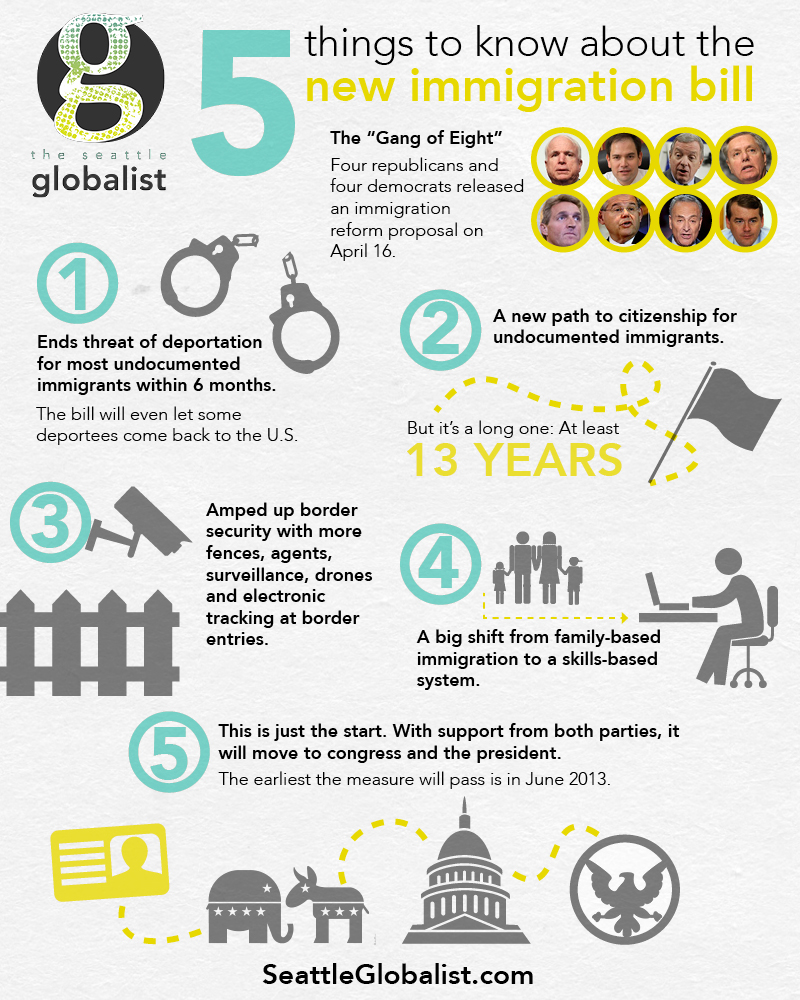The Impact Of The Canada-China Dispute On Canola Trade

Table of Contents
China's Import Restrictions and Their Rationale
China's imposition of restrictions on Canadian canola imports began in March 2019, initially citing concerns about pests and weeds in Canadian shipments. However, the timing and subsequent actions suggest a more complex narrative, intertwining trade disputes with geopolitical tensions.
- Allegations of pests and weeds: While China presented technical justifications, independent investigations found little evidence to support these claims. The lack of transparency surrounding the inspection process raised concerns about the objectivity of these accusations.
- Countermeasures in response to Meng Wanzhou's arrest: The timing of the import restrictions closely followed the arrest of Meng Wanzhou, CFO of Huawei, in Vancouver at the request of the United States. This led many to believe the canola restrictions were retaliatory measures.
- Political motivations overshadowing technical concerns: Experts widely believe that political motivations significantly overshadowed any genuine concerns about pest infestations. The dispute became a focal point in the broader context of strained relations between Canada and China.
The impact on Canadian canola farmers has been devastating. Statistics Canada reported a significant drop in canola exports to China, resulting in substantial financial losses for producers and related industries. The volume of canola exports lost represents billions of dollars in revenue, impacting everything from farm incomes to the profitability of transportation and logistics companies involved in the export process.
Economic Consequences for Canada
The Canada-China canola dispute triggered a cascade of negative economic consequences for Canada, affecting farmers, related industries, and the overall economic outlook.
Impact on Canadian Farmers
Canadian canola farmers experienced significant price drops as access to the Chinese market, previously their largest export destination, was severely curtailed. This led to financial losses, farm bankruptcies, and widespread economic hardship within rural communities. The ripple effect impacted related industries, including fertilizer producers and transportation companies reliant on canola shipments.
Diversification Efforts
Faced with the loss of the Chinese market, Canada has actively pursued diversification efforts to find alternative markets for its canola production. However, accessing new markets presents significant challenges, including the imposition of tariffs and the need to navigate complex regulatory hurdles in different countries. The Canadian government has implemented support programs and initiatives to assist farmers in diversifying their export markets.
Long-Term Economic Uncertainty
The Canada-China canola dispute has created significant long-term economic uncertainty. Investment in canola production and research has slowed due to the risk associated with relying on volatile international trade relations. Canada's agricultural trade reputation has also been impacted, potentially affecting its ability to secure future trade agreements. The long-term damage to the Canada-China trade relationship remains a significant concern.
Geopolitical Implications of the Dispute
The Canada-China canola dispute is inextricably linked to the broader geopolitical landscape. It’s not merely an agricultural trade issue; it's deeply entangled in the complex relationship between Canada and China.
- The arrest of Meng Wanzhou and its implications: The arrest of Meng Wanzhou and the subsequent diplomatic fallout are widely considered the catalyst for China's retaliatory actions against Canadian exports, including canola.
- The role of human rights concerns in the dispute: Human rights issues have also played a role in exacerbating the tensions between the two countries, further complicating the trade relationship.
- The influence of US-China trade tensions: The broader context of US-China trade tensions also influenced the dynamics of the Canada-China canola dispute, highlighting the interconnectedness of global trade relationships.
The dispute has also impacted Canada's relations with other trading partners, demonstrating the far-reaching consequences of geopolitical conflicts on international trade. The experience has raised concerns about the potential for similar disputes with other countries.
Future of Canada-China Canola Trade
The future of Canada-China canola trade remains uncertain. Several potential scenarios could unfold, depending on diplomatic efforts and the evolution of the overall geopolitical climate.
- The role of diplomacy and international arbitration: Resolving the conflict through diplomatic channels, potentially involving international arbitration, is crucial for restoring trade relations.
- The potential for renegotiation of trade agreements: Renegotiating trade agreements could pave the way for a gradual return to pre-dispute trade volumes, though this would require significant political will from both sides.
- The need for Canada to diversify its export markets: Diversifying export markets remains a critical long-term strategy for mitigating risks associated with reliance on any single major trading partner.
Canada needs to develop long-term strategies for mitigating risks to Canadian canola exports, including fostering stronger relationships with alternative trading partners and strengthening its domestic agricultural industry.
Conclusion
The Canada-China canola dispute has had profound and far-reaching consequences, significantly impacting the Canadian economy and the global canola market. Understanding the complexities of this trade conflict is crucial for navigating future challenges in international agricultural trade. Canada must proactively diversify its export markets and engage in strategic diplomacy to mitigate the risks associated with reliance on any single major trading partner. Continued monitoring of the Canada-China canola dispute and its evolving dynamics remains essential for all stakeholders involved in the Canadian canola industry. Stay informed on the latest developments in the Canada-China canola dispute to effectively plan your business strategies and protect your interests.

Featured Posts
-
 Celtics Forward Jayson Tatum Suffers Apparent Ankle Injury
May 09, 2025
Celtics Forward Jayson Tatum Suffers Apparent Ankle Injury
May 09, 2025 -
 Canadian Housing Crisis High Down Payments Price Many Out
May 09, 2025
Canadian Housing Crisis High Down Payments Price Many Out
May 09, 2025 -
 New Uk Immigration Laws English Language Proficiency Key For Staying In Britain
May 09, 2025
New Uk Immigration Laws English Language Proficiency Key For Staying In Britain
May 09, 2025 -
 Elon Musks Net Worth A Deep Dive Into His Business Ventures
May 09, 2025
Elon Musks Net Worth A Deep Dive Into His Business Ventures
May 09, 2025 -
 Wynne Evans Strictly Scandal A Turning Point With New Evidence
May 09, 2025
Wynne Evans Strictly Scandal A Turning Point With New Evidence
May 09, 2025
